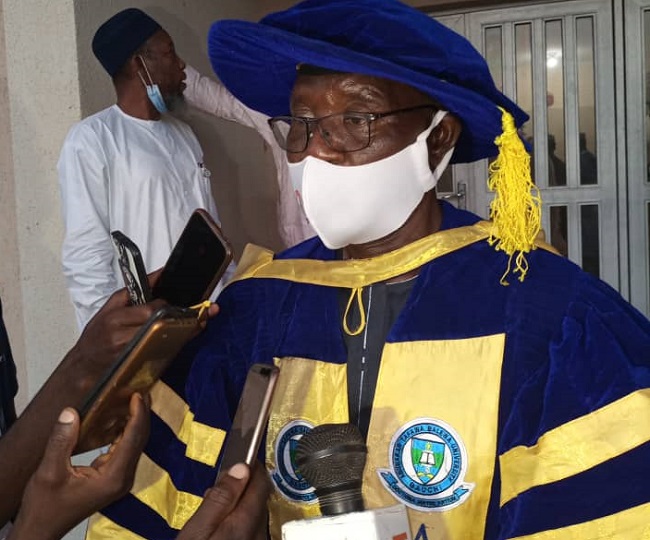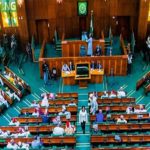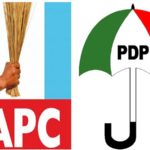
It has been lamented that Annually, Nigeria spends a whopping sum of $1.4 billion to import milk and milk products while it has up to 20 million herds of cattle that can produce such a development that has been described as incomprehensible having to spend that kind of money on importing the products.
The lamentation was made by Professor Ambrose Voh who stress the need to develop the country’s dairy industry because according to him, “we cannot continue spending that kind of money importing milk and milk products.”
Delivering a public lecture at Abubakar Tafawa Balewa University, (ATBU), Bauchi, he said that, “There are simple things we need to do to turn around the situation and those are the things I call the six pillars for the development of the Nigerian diary industry. Government and the academia should be challenged so that everyone will know that we have the capacity to do it.”
Explaining how unemployed youths can use the development as an opportunity, he said that Under the Diary Development Programme, one of the strategies is what is called peri-urban diarying, saying, “we will do a cross-breeding programme where cross bred cattle are produced and these would be made available to our youths, our women and our university community to keep one or two such animals in their homes and manage and feed them well and they will produce milk.”
Ambrose Voh also said that, “You can imagine you have a cross bred animal that is giving you 20-25 litres of milk daily, this would meet your needs and will give you in excess of what you need. If you put that together with a milk collection center, then you’ll have a milk collection system and those processing the milk can go from house to house to buy this milk from these people. With that, you’ll have a complete chain for diarying. This is one area that our youth, our women and the unemployed can key in.”
On the herder/farmer clashes, Ambrose Voh who is on sabbatical in ATBU said that, “What I am saying is a solution to these problems. The land is diminishing not in size but in what is available for the herdsmen to graze. That is largely responsible for the crises that we are having.”
He stressed that “Instead of roaming about, let them (herders) remain and settle down in one place, we will now move from an extensive system of cattle production to an intensive system. This intensive system means getting more with less including getting more milk from fewer cows and on a smaller piece of land.”
He said that the refusal of some state governors to give lands for ranching, are “as a result of lack of enlightenment, awareness creation and sensitization of the benefits that we stand to get from getting these grazing reserves available.
“By the way, why are they calling them grazing reserves? They are called grazing reserves because they have been reserved by legislation for grazing. They should be made available for the purpose for which they have been set aside for which is for grazing,” he added.
He further opined that “Those grazing would then be developed and get the grazers to move in and that would also decrease the clashes that we are having between arable farmers and livestock farmers because the livestock farmers will now have a place where they can call their own in the grazing reserves and graze their animals. If there are such governors that are refusing to make available grazing reserves for the purposes of development for grazing, they are getting it wrong and these are the kind of people we need to reach out to for them to really understand what these grazing reserves were set out for.”
YOU SHOULD NOT MISS THESE HEADLINES FROM NIGERIAN TRIBUNE
We Have Not Had Water Supply In Months ― Abeokuta Residents
In spite of the huge investment in the water sector by the government and international organisations, water scarcity has grown to become a perennial nightmare for residents of Abeokuta, the Ogun State capital. This report x-rays the lives and experiences of residents in getting clean, potable and affordable water amidst the surge of COVID-19 cases in the state…Nigeria spends $1.4bn annually Nigeria spends $1.4bn annually
Selfies, video calls and Chinese documentaries: The things you’ll meet onboard Lagos-Ibadan train
The Lagos-Ibadan railway was inaugurated recently for a full paid operation by the Nigerian Railway Corporation after about a year of free test-run. Our reporter joined the train to and fro Lagos from Ibadan and tells his experience in this report…Nigeria spends $1.4bn annually Nigeria spends $1.4bn annually
WATCH TOP VIDEOS FROM NIGERIAN TRIBUNE TV
- Let’s Talk About SELF-AWARENESS
- Is Your Confidence Mistaken for Pride? Let’s talk about it
- Is Etiquette About Perfection…Or Just Not Being Rude?
- Top Psychologist Reveal 3 Signs You’re Struggling With Imposter Syndrome
- Do You Pick Up Work-Related Calls at Midnight or Never? Let’s Talk About Boundaries






